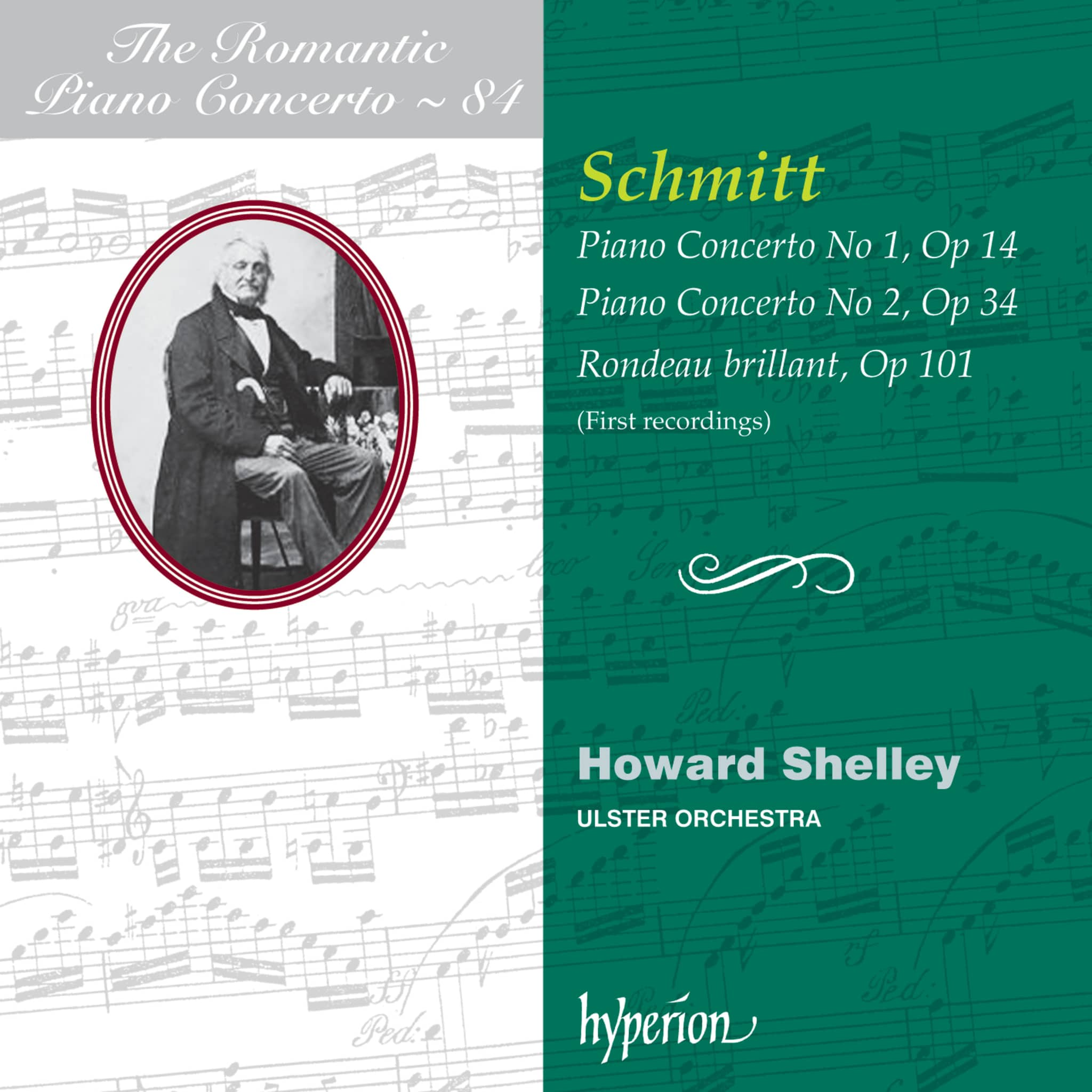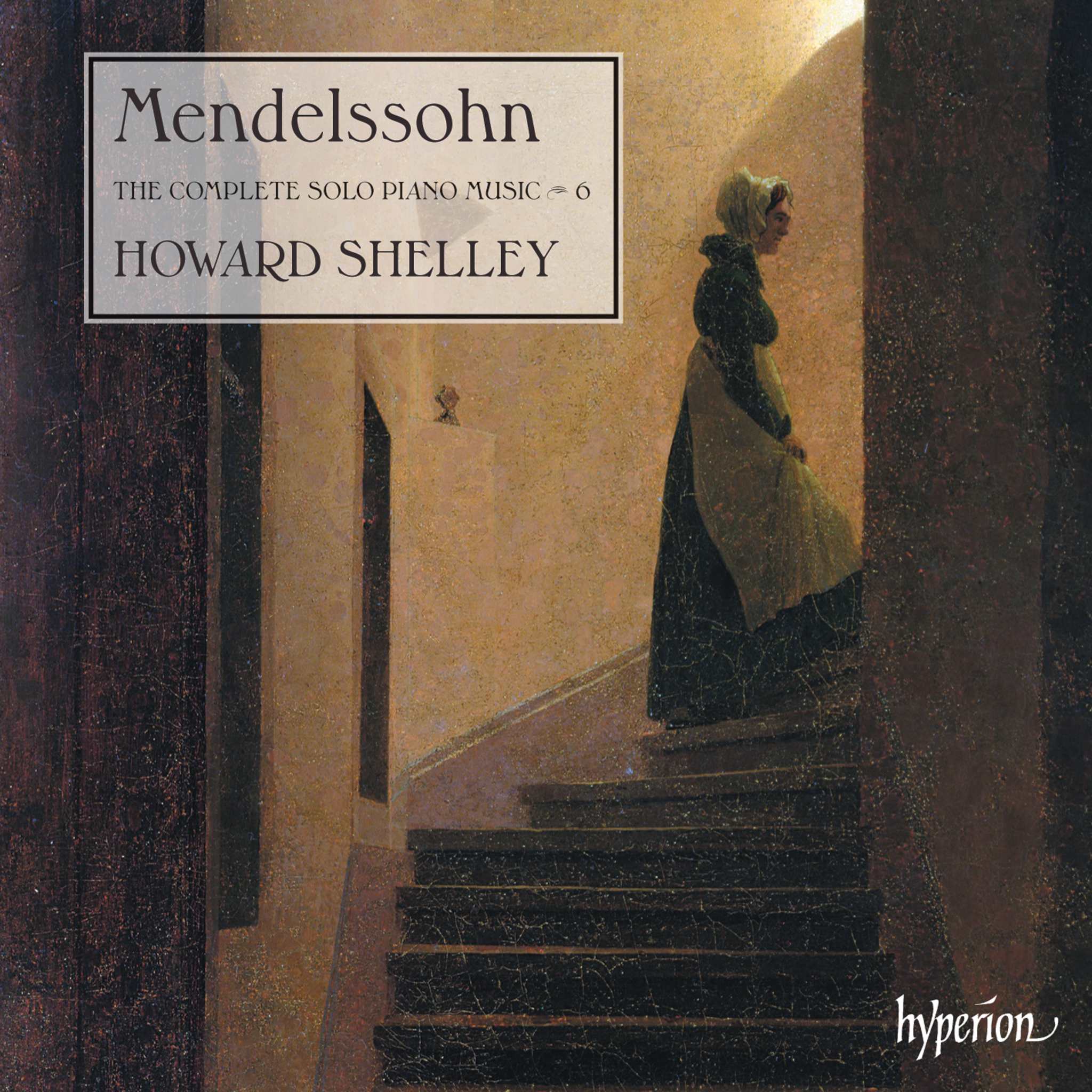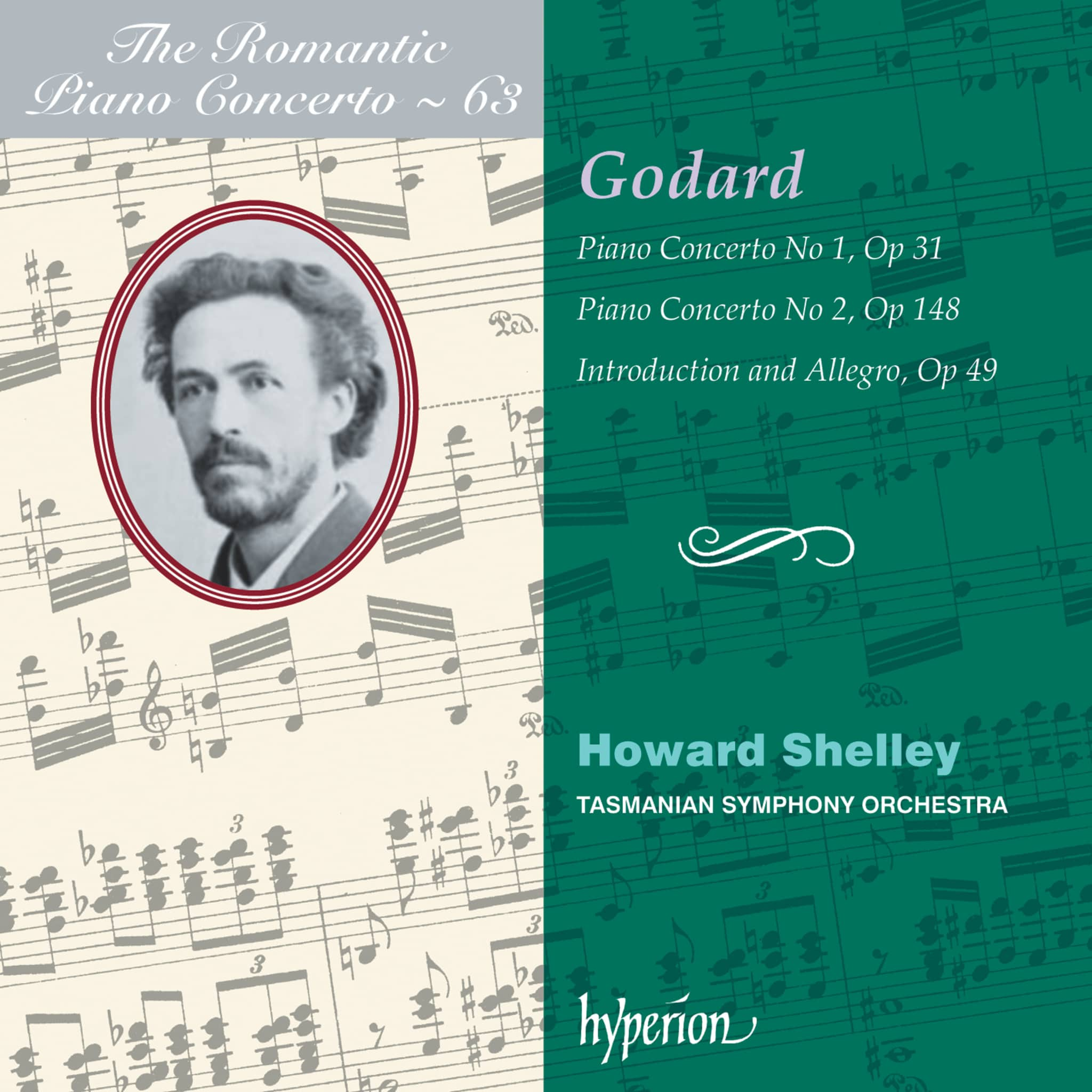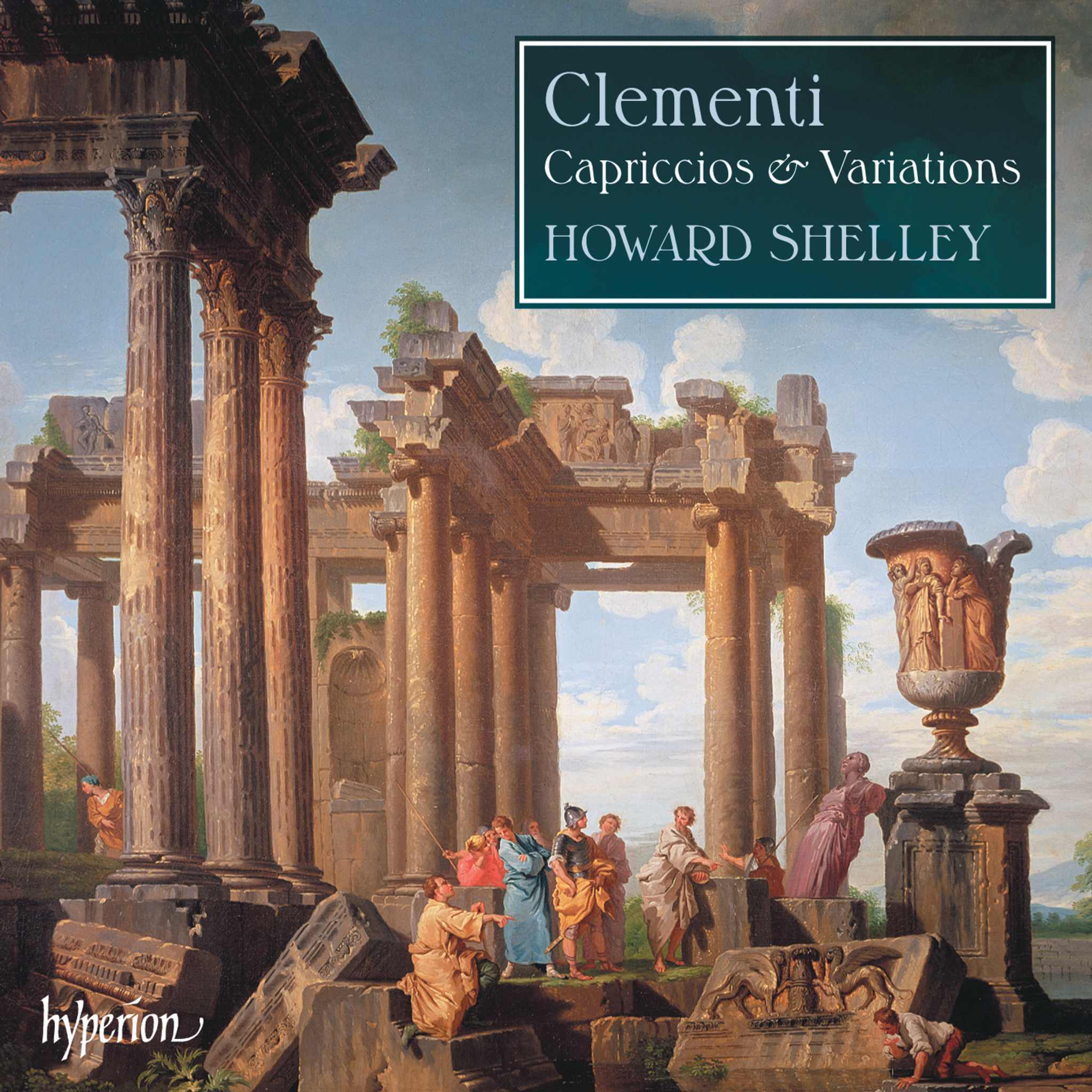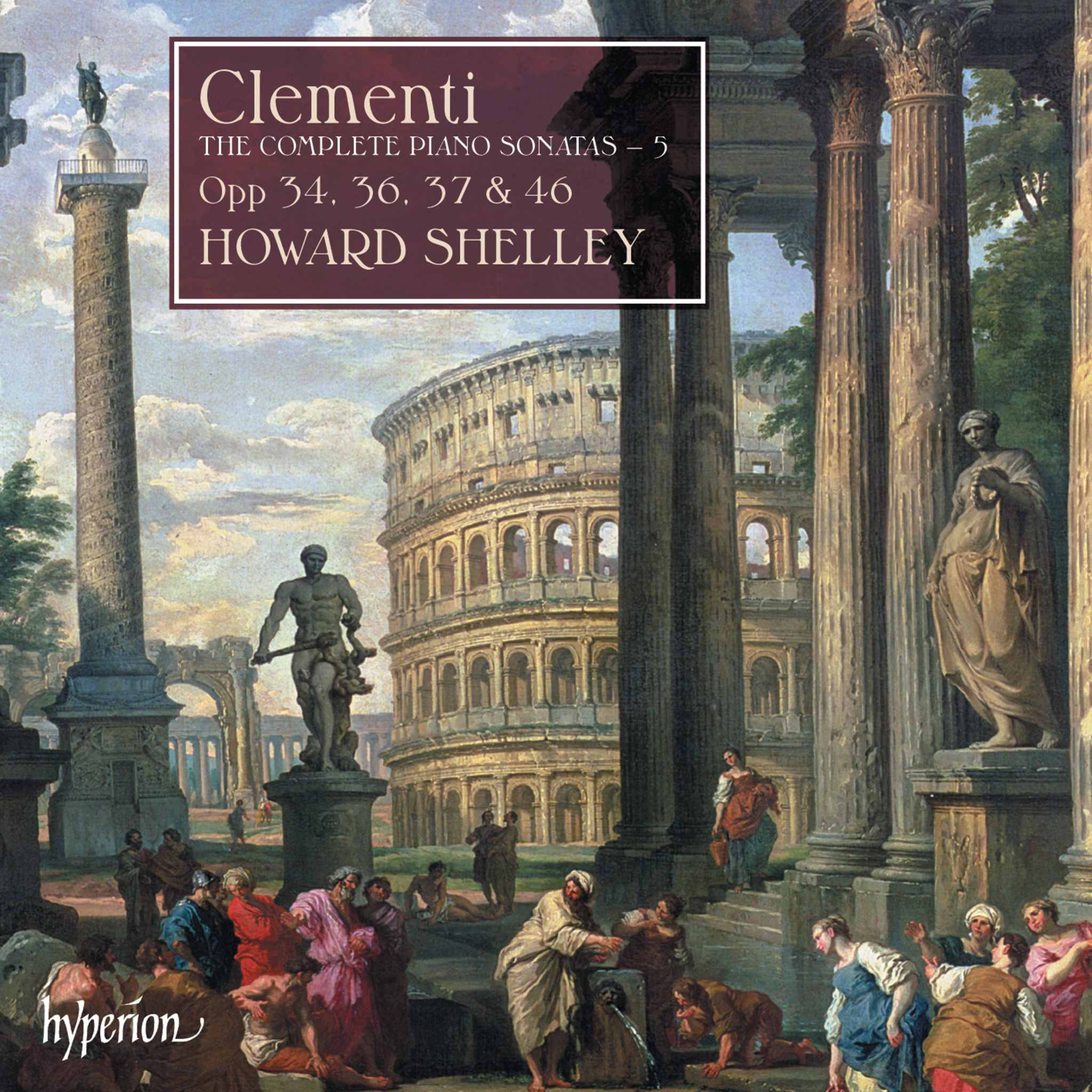Muzio Clementi, geboren 1752 in Rom, war ein Zeitgenosse Mozarts und wurde oft mit ihm verglichen. Nach einem berühmten Klavierduell mit Mozart 1781 in Wien, bei dem Mozart Clementis Spiel wenig schmeichelhaft beurteilte, erlitt der Italiener einen Imageschaden. Erst im 20. Jahrhundert begann eine langsame Wiederentdeckung, die vor allem durch Horowitz’ Aufnahme von Clementi-Sonaten im Jahr 1955 angestoßen wurde.
Die in diesem Band enthaltenen Sonaten entstanden nach Clementis Reisen durch Europa in den Jahren 1780 bis 1783. Nach einer Auseinandersetzung in Lyon zog es ihn zurück nach London, wo er als hervorragender Pianist gefeiert wurde. Besonders seine technische Brillanz und Ausdrucksstärke beeindruckten das Publikum.
Die vierte B-Dur-Sonate aus Op. 13 nimmt ein populäres Thema Haydns auf, das in immer neuen Variationen erscheint und für musikalische Geschlossenheit sorgt. In der fünften Sonate in F findet sich ein wiederkehrendes absteigendes Motiv, das kunstvoll in entfernte Tonarten übergeht.
Ein Höhepunkt ist die f-Moll-Sonate aus Op. 13, deren düstere Atmosphäre das gesamte Stück prägt. Darauf folgt ein klangvolles Presto, das an Beethoven erinnert. Clementis Werke waren besonders in England populär und beeinflussten auch den jungen Beethoven in Bonn.
Die Klaviersonaten dieser mittleren Londoner Zeit richteten sich an eine stetig wachsende Schar von Klavierliebhabern. Virtuose Effekte früherer Werke wurden zugunsten zugänglicher, ansprechender Stücke für ein breiteres Publikum zurückgestellt.
Clementi musste damals seine eigenen künstlerischen Ideen mit den Erwartungen seines Publikums in Einklang bringen. Die Sonaten dieser Periode zeigen seine Fähigkeit, beides geschickt zu vereinen, was ihm viel Zuspruch einbrachte.




